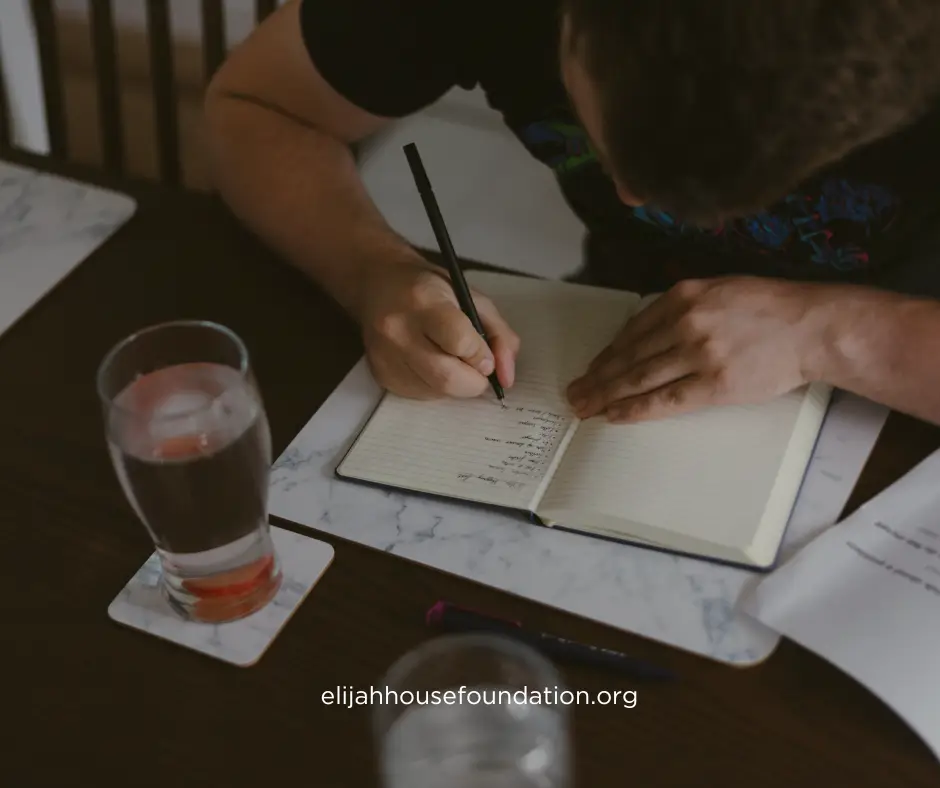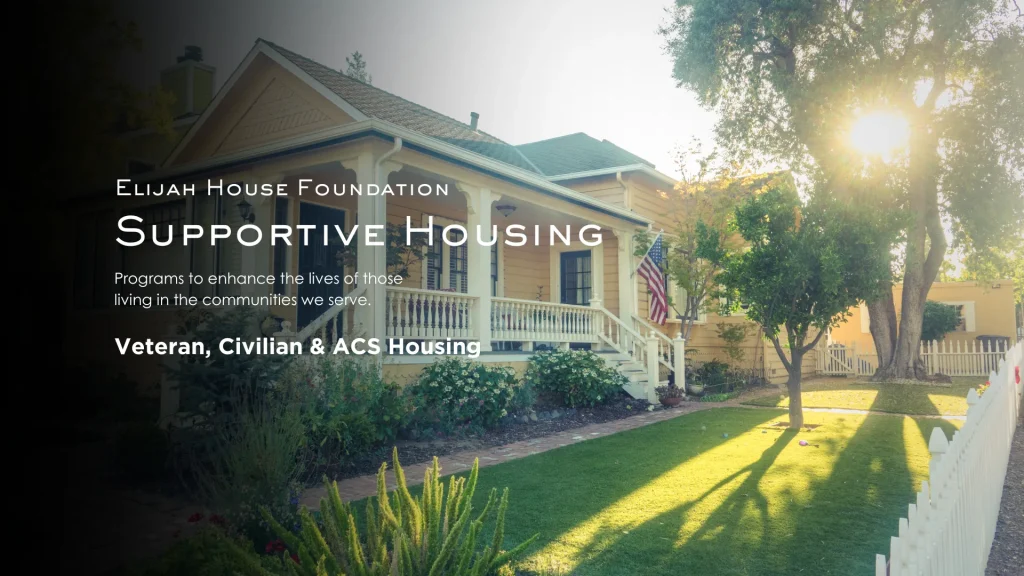At Elijah House Foundation, we provide a full continuum of care for those overcoming substance abuse disorders. Our supportive housing services are a critical component of this care, offering a stable, structured, and substance-free environment to help individuals maintain their sobriety and rebuild their lives.
What is Supportive Housing?
Supportive housing, also known as sober living environments, is designed to provide a safe, drug-free setting where individuals in recovery can live as they transition from residential treatment to independent living. These homes offer a nurturing community, accountability, and essential resources to support long-term recovery.
Benefits of Supportive Housing
1. Stable Environment
Our sober living homes provide a stable, supportive environment free from the triggers and stressors that often lead to relapse. This stability is crucial for individuals as they work to establish new, healthy routines.
2. Community and Support
Living among peers who are also committed to sobriety creates a strong sense of community. Residents can share experiences, offer mutual encouragement, and hold each other accountable, fostering a supportive network that enhances their recovery journey.
3. Structured Living
Our homes offer structured daily routines, which help residents develop and maintain healthy habits. This structure is particularly beneficial in early recovery, providing a framework for individuals to build a new, sober lifestyle.
4. Access to Resources
Residents have access to a wide range of resources, including counseling, life skills workshops, and our signature Elijah House Foundation work crew program. This program offers job development training and real-world work experience, helping residents prepare for successful, independent living.
Specialized Supportive Housing
At Elijah House Foundation, we understand that different groups have unique needs in recovery. We offer specialized supportive housing for:
Veterans
Our housing for veterans is tailored to address the specific challenges they face, such as PTSD and other service-related issues. We provide a supportive environment that respects and understands their experiences.
Alternative Custody Services (ACS)
We offer housing solutions for individuals under alternative custody arrangements, providing a safe, supportive environment where they can focus on recovery while fulfilling their legal obligations.
Civilians in Recovery
Our supportive housing for civilians caters to individuals from all backgrounds, helping them transition from residential treatment to independent, sober living.
What to Bring to Supportive Housing
When moving into supportive housing, it’s important to come prepared with the essentials that will help you settle in comfortably. Here’s a list of recommended items to bring:
Personal Identification and Documents
- Government-issued ID
- Health insurance information
- Emergency contact information
Clothing and Personal Items
- Comfortable clothing suitable for different weather conditions
- Work attire if you will be participating in job training programs
- Personal hygiene products (toothbrush, toothpaste, shampoo, soap, etc.)
- Bedding and linens (check with us if these are provided or need to be brought)
Medications and Health Supplies
- All prescribed medications with instructions
- Over-the-counter medications you regularly use
- Any medical supplies or equipment you need
Recovery and Wellness Materials
- Journals or notebooks
- Books or materials related to recovery and personal growth
- Any personal items that help with your mental and emotional well-being (e.g., inspirational photos or quotes)
Miscellaneous Items
- Cell phone and charger
- Alarm clock
- Any required school or work supplies
Bringing these items will help you feel more at home and ensure you have what you need to focus on your recovery.

The Benefits of Writing Daily Pages
Daily Pages, also known as journaling, is a powerful tool that helps individuals in recovery articulate their thoughts and emotions. Writing out your thoughts can provide clarity, reduce stress, and promote emotional healing. Starting the day with gratitude and writing it down fosters a positive mindset, helping you focus on the good aspects of life and build resilience against challenges. At Elijah House Foundation, our sober living clients enjoy the practice of writing Daily Pages each morning upon arising, setting a positive tone for their day and reinforcing their commitment to recovery.
Join the Elijah House Foundation Community
At Elijah House Foundation, we are dedicated to helping individuals achieve lasting sobriety and rebuild their lives. Our supportive housing is a vital part of this mission, providing the stability, community, and resources needed for successful recovery.
If you or a loved one is seeking a supportive sober living environment, Elijah House Foundation is here to help. Our comprehensive programs and dedicated team are designed to support you every step of the way on your recovery journey.
Contact Us Today
If you or a loved one is seeking a supportive sober living environment, Elijah House Foundation is here to help. Our comprehensive programs and dedicated team are designed to support you every step of the way. Contact us today to learn more about our supportive housing options. Use our contact form or reach out directly:
Debbie Henderson – Phone: (530) 815-5720, Email: de****@el***************.com
Jesse Winkels – Phone (530) 990-9708, Email: j.*******@el***************.com
Your path to a healthier, sober life begins here.
Other Resources
You may find these resources helpful:

